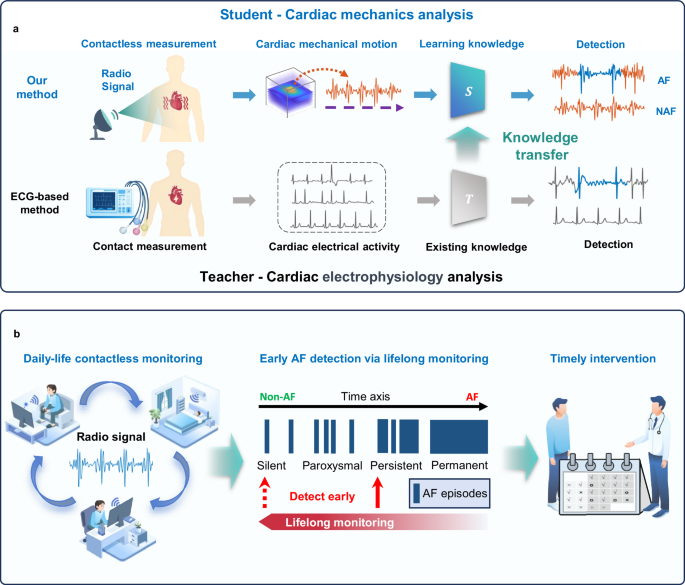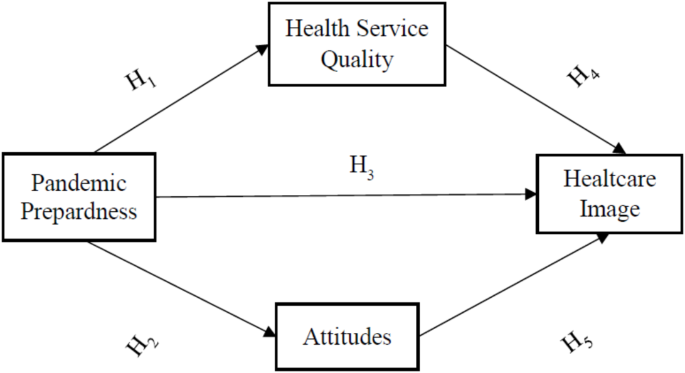Use this introduction to the community college world to explore and learn more about these invaluable institutions of higher learning. The state and local authorities have established the community college in your area to serve you and your needs and requirements. Whether considering a career change or just finishing high school, your community college's courses and programs will help you reach your goals. Community colleges do this at a reasonable cost, too. So, scroll through my community college alphabet and click on the links for more detailed information about an entry.
An academic degree requiring approximately two years of classes and about 70 credits, the Associate Degree typically is the next educational step after graduating high school. It can be an end in its own right or a bridge to a four-year degree at a college or university.
Paying for your college education is a big concern for most of us. Most community colleges charge less for tuition than 4-year colleges and universities. Moreover, you don't have to pay for room and board, as you will probably continue to live at home. Community colleges also offer financial aid. Several states and some leaders at the federal level have proposed tuition-free community college. Tennessee, New York, Oregon, Rhode Island, and California offer eligible students tuition waivers or substantial financial aid.
Career Technical Education prepares people for positions across various industries and occupations. Simply put, CTE means learning something useful to make you more employable.
Imagine yourself in 12th grade and taking your usual classes while taking a course or two at your local community college. That's what dual enrollment is all about. And you won't have to take those courses once you are actually in college.
Follow these 7 steps to apply to your community college:
Community colleges offer several financial aid options. These include federal aid programs such as Pell Grants, Federal Work-Study, and Direct Loans, available to eligible students based on financial need. Additionally, community colleges often administer state-funded grants, scholarships, and institutional aid packages to support students in covering tuition, fees, and other educational expenses.
While community colleges historically have had a low graduation rate, that's only part of the picture. Community colleges aren't simply academic institutions. They offer vocational and paraprofessional training as well. Combining the graduation rates for both sides of the community colleges' offerings makes the statistics more encouraging. The wild card on the academic side is a lack of readiness for and understanding academic work.
This TEDx Talk discusses "The Invisible Difference of a First Generation College Student."
Community colleges offer both in-person and online classes. A class can combine both types of presentation or hybrid learning. Enroll in the class that best suits your learning style and accommodates your schedule whenever possible.
Community colleges offer a variety of internships. Check with your local community college to find out your options.
Community colleges offer career services for students and graduates, including job boards, in-class presentations, networking events, and other career resources.
Partnerships with primary and secondary schools and community colleges provide many benefits, including improving college readiness.
Community colleges cater to learners of all ages, including non-traditional students. This inclusivity is a hallmark of your community college.
Minority enrollment at community colleges in the United States is crucial in promoting diversity and equity in higher education. According to the National Center for Education Statistics (NCES), minority students, including African American, Hispanic, Native American, and Asian American students, comprise a significant portion of community college enrollment nationwide.
Non-credit courses are not part of a degree or certificate program. They are designed for personal or professional development and do not earn college credits. These courses are often offered at community colleges and cover various topics, from basic computer skills to fitness classes to cooking and language courses.
ICC offers a large variety of non-credit class options in personal enrichment, professional development, youth programming and more. Source: Illinois Central Community College
:
online courses and distance education at your community college give you the flexibility you need to take courses when convenient. Online learning has improved considerably since the advent of the Internet.
With 16-week, 14-week, and eight-week (some starting mid-semester), it’s never too late to continue your education. Source: Ozarks Tecnical Community College
Your community college offers a wide range of programs. You can work towards an academic degree or take classes leading to a certificate and much more. Consult your community college's website for its paraprofessional and vocational programs.
Because your community college hires part-time specialists to teach their courses, the standard of teaching and the material taught are high and generally state-of-the-art. Always read the course description and understand what you will be learning.
Remedial education serves a crucial purpose by providing you with the foundational academic skills necessary for success in college-level coursework. The primary goal of remedial education is to address gaps in your academic preparation. In other words, if you struggle with math and need math for a specific course or certificate, your community college will have a remedial math course to fill that gap.
Your community college wants you to be successful academically and spiritually. The college website offers a variety of services and programs. Look for a tab with the heading "Students."
We're here to support you while you're getting your degree. From the Cyclones Cupboard to Wellness Resource Services! Source: St. Cloud Technical Community College
Your community college has lots of experience preparing students to transfer to a four-year college after earning their Associate's Degree. It also has relationships with colleges and universities and academic accreditation that affirms the quality of its educational programs.
Community colleges play a vital role in supporting and empowering underrepresented communities by providing accessible and inclusive educational opportunities tailored to their needs. These institutions actively collaborate with local organizations, community leaders, and K-12 schools to reach out to underrepresented populations, including minorities, low-income individuals, first-generation college students, and adult learners. Essentially, their success is your success.
Whether you want to be a welder or an EMT, your community college will have the programs and courses to help you accomplish that career goal. The job market increasingly values skills. Your community college is a proven provider of the training you need.
Employers rely on community colleges to provide employees with the skills and training to do jobs that probably didn't exist 10 years ago. With markets changing at warp speed, employers depend on community colleges to help them keep pace with the rapid changes in workforce requirements. Check out the Career Office at your community college for information about workforce development.
This video discusses the role of community colleges in workforce development.
Extracurricular clubs and activities are available and tend to reflect the needs of the college's student population.
Your community college offers excellent scheduling flexibility. In-person classes, online learning, and evening and weekend classes all help you fit your education into your busy life and regular commitments.
California led the way with its Zero Textbook Cost Initiative. Other states have recognized the value of open educational resources (OER) and have implemented similar zero textbook-cost initiatives.
Questions? Contact us on Facebook. @communitycollegereview
#CommunityCollege #HigherEducation #CollegeGuide #Education #StudentSupport #AcademicPrograms












